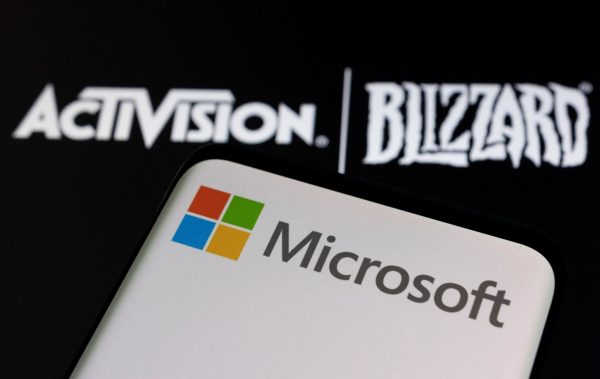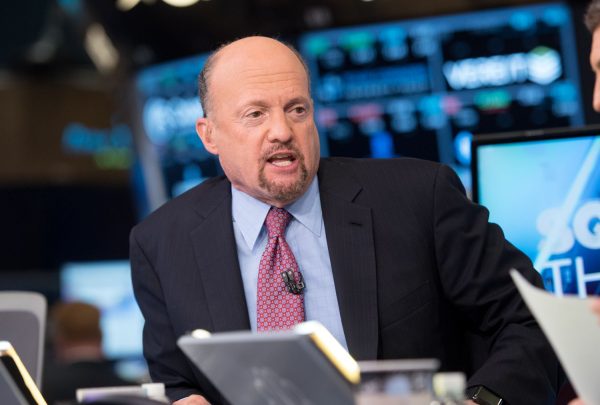Microsoft’s acquisition of ZeniMax Media, the parent company of renowned game publisher Bethesda Softworks, has hit another obstacle. The Federal Trade Commission (FTC) has expressed concerns regarding non-compete agreements and their potential impact on the gaming industry.

This development adds another layer of complexity to the already intricate deal between Microsoft and Bethesda. Additionally, recent FTC actions related to the Fortnite refund controversy, the LifeLock lawsuit, and Activision ban appeals have raised further regulatory scrutiny in the gaming sector.
FTC and Non-Compete Agreements
Non-compete agreements have long been a subject of debate and regulation. These agreements restrict employees from joining or starting rival companies for a specific duration after leaving their current employer. The FTC aims to ensure fair competition in the market and prevent the stifling of innovation resulting from overly restrictive non-compete agreements.
Concerns Surrounding Bethesda Deal
The FTC’s concerns regarding Microsoft’s acquisition of Bethesda primarily revolve around the potential implications of non-compete agreements. Bethesda’s subsidiary companies, such as id Software, Arkane Studios, and MachineGames, have established reputations in the gaming industry. The fear is that Microsoft’s ownership could lead to restrictive non-compete agreements that hinder the creative freedom and competition in the gaming market.
The Fallout from Fortnite Refunds
In recent months, the FTC has been actively involved in scrutinizing the gaming industry. One significant action was the investigation into Fortnite’s refund policies. The popular battle royale game faced allegations of deceptive practices, where players struggled to obtain refunds for in-game purchases. This case highlighted the FTC’s commitment to consumer protection in the digital marketplace.
LifeLock FTC Lawsuit
Another notable FTC action involved a lawsuit against LifeLock, a prominent identity theft protection company. The FTC alleged that LifeLock violated a previous settlement agreement, misleading customers about its identity theft protection services. The lawsuit underscored the FTC’s commitment to ensuring companies abide by consumer protection regulations, even in the realm of cybersecurity.
Activision Ban Appeals and Support
The gaming industry has witnessed a surge of controversy surrounding Activision Blizzard, one of the largest video game publishers. The company faced backlash over its handling of workplace culture and allegations of harassment and discrimination. Consequently, Activision implemented bans on players in response to inappropriate behavior. The ensuing ban appeals process attracted FTC attention, as the regulatory body examined the fairness and transparency of the appeals system.
Microsoft’s acquisition of Bethesda is now under scrutiny from the FTC due to concerns regarding non-compete agreements. The FTC’s recent actions in cases related to Fortnite refunds, the LifeLock lawsuit, and Activision ban appeals indicate the agency’s commitment to ensuring fair practices and consumer protection in the gaming industry. As the regulatory landscape continues to evolve, it remains to be seen how these developments will impact Microsoft’s acquisition and the overall gaming sector.




